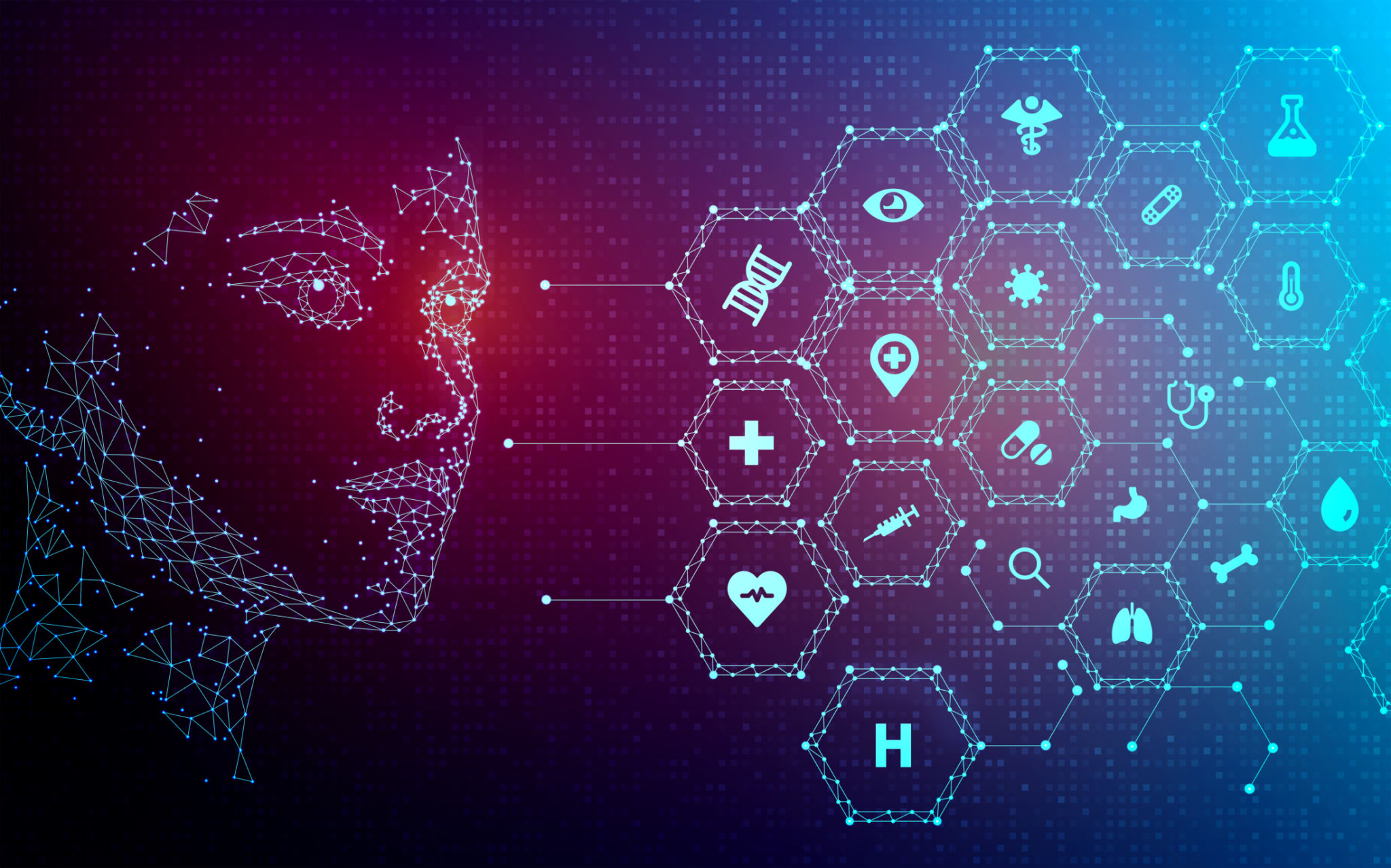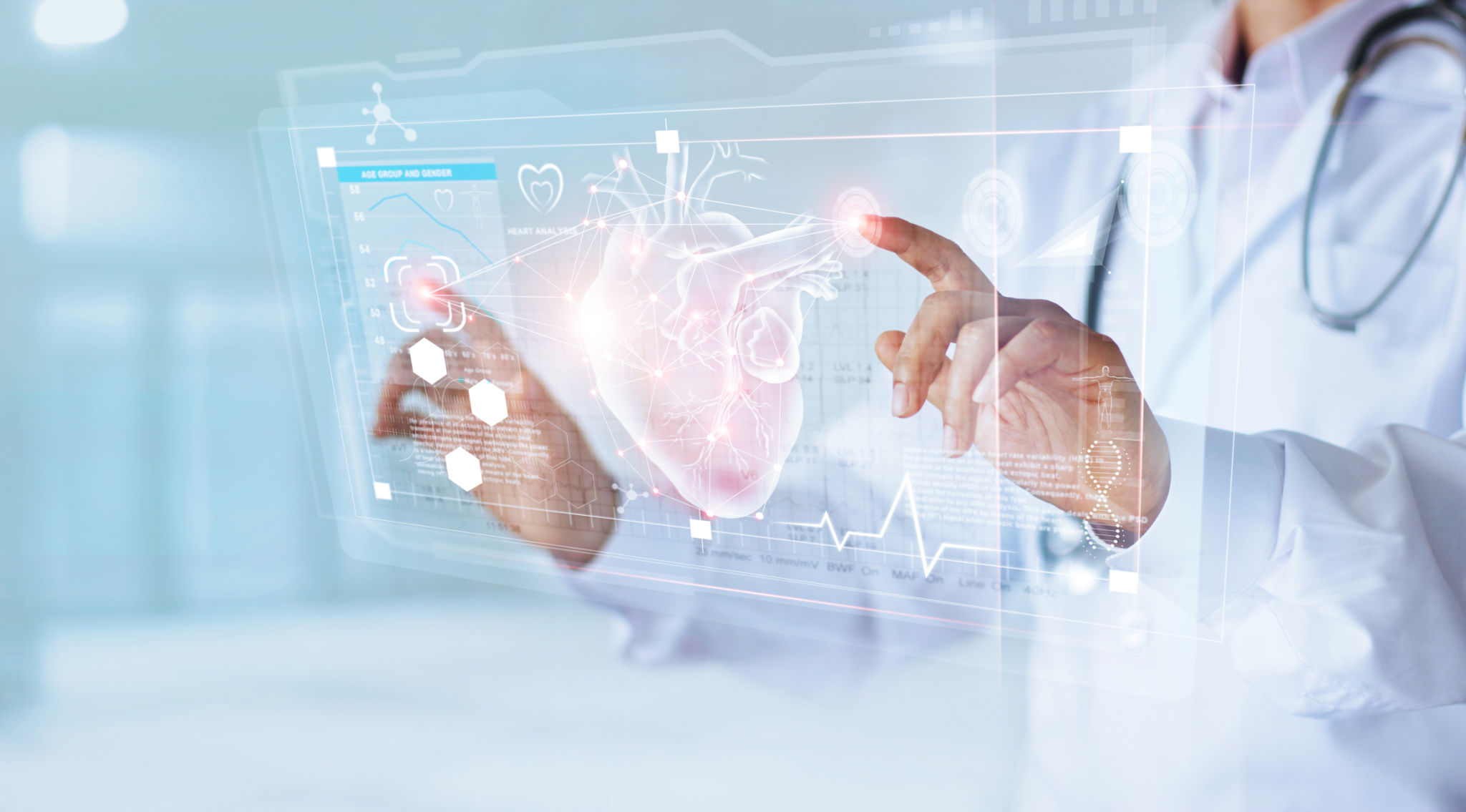Exploring Smart Heart Health Tools: How AI is Revolutionizing Cardiology
The Rise of Artificial Intelligence in Cardiology
The medical field has always been at the forefront of technological advancement, and cardiology is no exception. With the integration of artificial intelligence (AI), a new era of heart health management is emerging. This revolution is not only enhancing the accuracy of diagnoses but also improving patient outcomes. From predictive analytics to personalized treatment plans, AI is transforming how cardiologists understand and treat heart conditions.

Predictive Analytics for Early Detection
AI's ability to process vast amounts of data quickly and accurately makes it an invaluable tool in predictive analytics. By analyzing patient data, AI can identify patterns and predict the likelihood of cardiovascular events before they occur. This proactive approach allows healthcare providers to intervene early, potentially saving lives and reducing healthcare costs. For instance, machine learning algorithms can analyze electrocardiograms (ECGs) to detect irregular heartbeats that may lead to serious conditions like atrial fibrillation.
Personalized Treatment Plans
Another significant advantage of AI in cardiology is its ability to create personalized treatment plans. By considering a patient's unique genetic makeup, lifestyle, and medical history, AI can recommend tailored interventions that are more effective than traditional one-size-fits-all approaches. This level of customization can lead to better patient adherence and improved outcomes, as treatments are specifically designed to fit an individual's needs.

AI-Driven Diagnostic Tools
AI-powered diagnostic tools are becoming more prevalent in cardiology. These tools use sophisticated algorithms to interpret medical imaging, such as echocardiograms and CT scans, with remarkable accuracy. This not only speeds up the diagnostic process but also reduces the likelihood of human error. As a result, physicians can make more informed decisions about patient care, leading to quicker and more accurate diagnoses.
Remote Monitoring and Telemedicine
The integration of AI with wearable technology has paved the way for remote monitoring and telemedicine in cardiology. Devices equipped with AI can continuously monitor a patient's heart rate, blood pressure, and other vital signs, sending real-time data to healthcare providers. This constant stream of information allows for timely interventions and reduces the need for frequent in-person visits, making healthcare more accessible and convenient for patients.

Challenges and Considerations
While the benefits of AI in cardiology are undeniable, there are challenges to consider. Data privacy and security are paramount, as sensitive health information must be protected from breaches. Additionally, the adoption of AI technologies requires significant investment in infrastructure and training for healthcare professionals to effectively use these tools. Despite these challenges, the potential for improved patient care makes the integration of AI into cardiology a worthwhile pursuit.
The Future of Cardiology with AI
As AI continues to evolve, so too will its applications in cardiology. Future advancements may include even more sophisticated algorithms capable of predicting complex cardiovascular events with high accuracy. Researchers are also exploring how AI can assist in drug discovery and development, potentially leading to new treatments for heart diseases. The ongoing development and integration of AI into cardiology promise a future where heart health management is more precise, efficient, and personalized than ever before.

In conclusion, AI is revolutionizing cardiology by enhancing diagnostic capabilities, enabling personalized treatments, and improving patient monitoring. While challenges remain, the potential benefits for patients and healthcare providers alike make this a promising frontier in medical technology. As we continue to explore these smart heart health tools, the future looks bright for cardiology.
